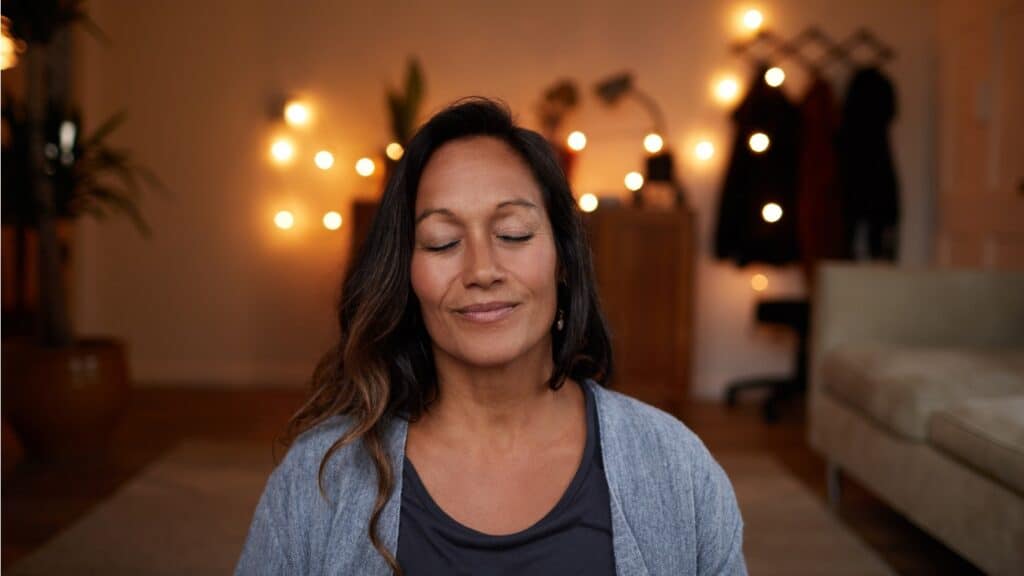
If the mere thought of sleep is keeping you awake at night, you’re not alone. In the United States, it is estimated that between 50-70 million people suffer from sleep disorders that affect their quality of sleep and ultimately, their overall health and well-being.
How much sleep we need and how we achieve “quality” sleep has been a hot topic for generations. Our fascination with sleep dates back centuries.
Famed renaissance artist and engineer, Leonardo Da Vinci only slept in 20-minute increments every 4 hours; while former UK Prime Minister Margaret Thatcher survived and thrived on just 4 hours every night and actress Halle Berry credits her 8 hours of sleep every night to her good health and glowing skin.
Women and Sleep
When it comes to sleep, everyone is different; one person may feel fully functional after only 4 hours of sleep, someone else may need the full 8 hours to feel productive. For women, changes to sleep patterns are especially prevalent in the years leading up to, during and after menopause.
With the onset of menopause hormones fluctuate, leading to random hot flashes and sweating during the night – it’s these symptoms that can really interrupt sleep. This sudden disruption to a regular sleep pattern can be both frustrating and debilitating.
Why a Bed-time Ritual Matters
Adapting to this new phase of life, isn’t always easy, but the good news is there are options and sometimes it’s the simple things that work. My colleague, respected UK based health professional Deborah Forsythe from The Menopause Consultant and DF Clinics, suggests going back to basics and establishing a regular bed-time ritual.
“A bed-time ritual is a regular routine, something you do every single night – like clockwork. It’s a time for you. Think about switching off your devices, finding a comfortable corner and creating your own calm. Light a candle, sip some tea and give yourself permission to relax and be still. This process won’t put an end to your menopausal symptoms, but it will still your mind and body in preparation for sleep,” says Deborah.
What Makes a Bed-time Ritual Good?
Deborah suggests these bedtime rituals for a better night’s sleep tonight:
Meditate
The act of meditating is relaxing, it calms the mind and stills those constant and ever-present thoughts in your head. Choose something to focus on (sound or visual). There are many podcasts and apps readily available to lead you through a guided meditation.

Listen to Relaxing Music
Specific music can actually help you fall asleep – try to listen to music without specific lyrics as you won’t be tempted to sing along as you are trying to drift off!
Read a Book and Sip on Herbal Tea
Relax into your favourite read and sip on a deliciously, sleep-inducing herbal tea.
Find the Best Solution for You
Be patient. Finding the best approach to sleep may require some trial and error. Whether you find relief and sleep in a natural, herbal menopausal supplement, meditation or work hand in hand with your chosen medical professional, know that there are solutions for menopause related sleep issues.
Just remember, be kind to yourself throughout your pre- and post-menopausal journey. We are all different, and every woman will have unique and special self-care needs.
Take the time to find the best solution for you, and if you suffer from continued sleep issues consult your health/medical professional.
Have you been unable to find sleep lately? What do you think may be the cause? Have you tried any solution that worked particularly well for you? Please share with the community!





